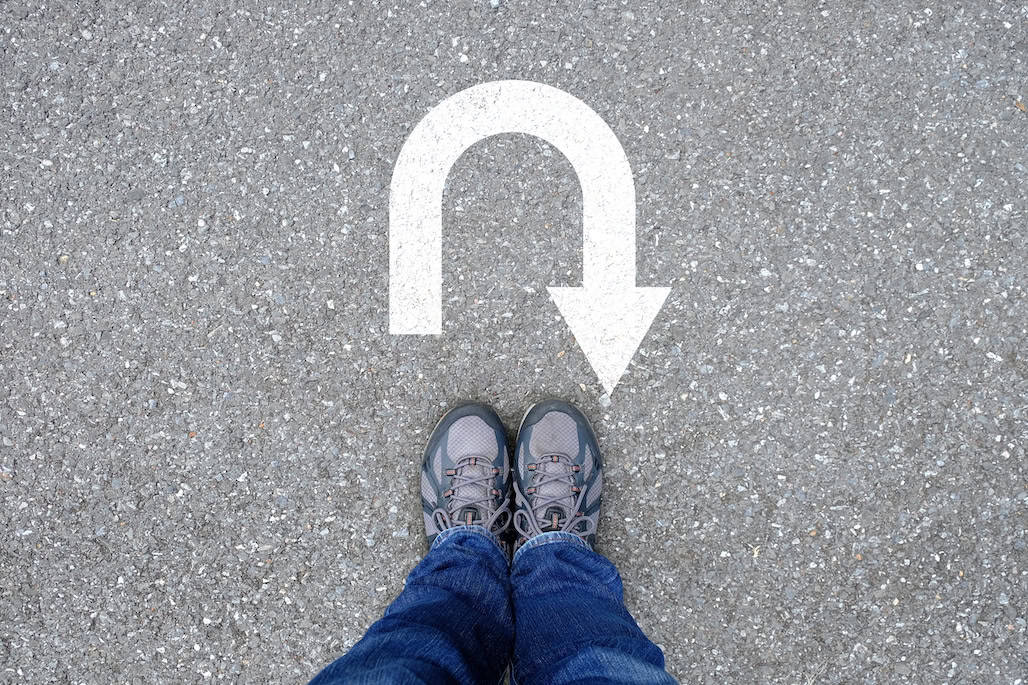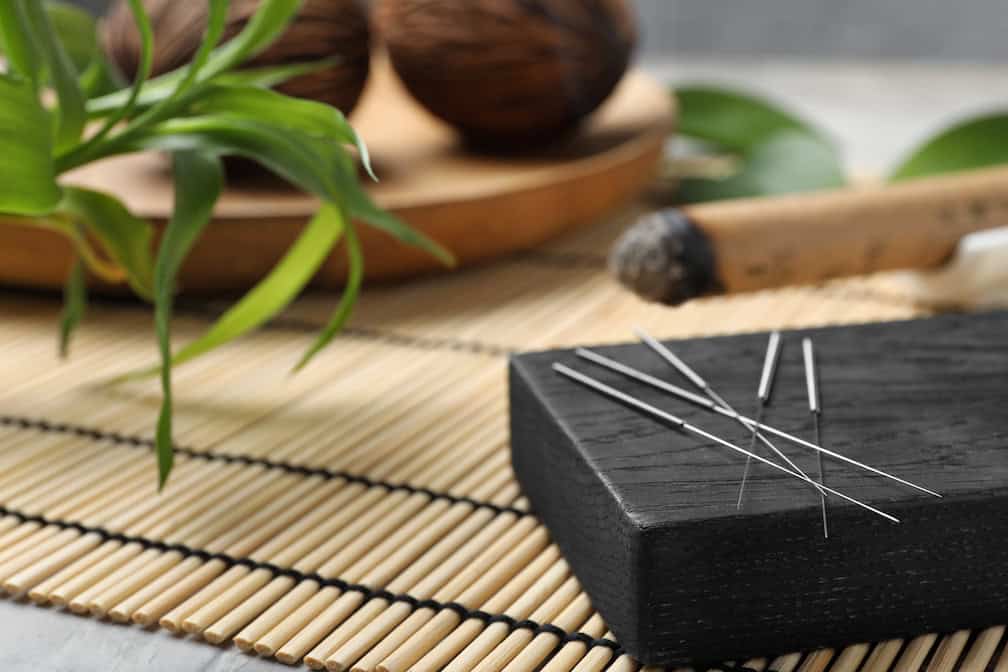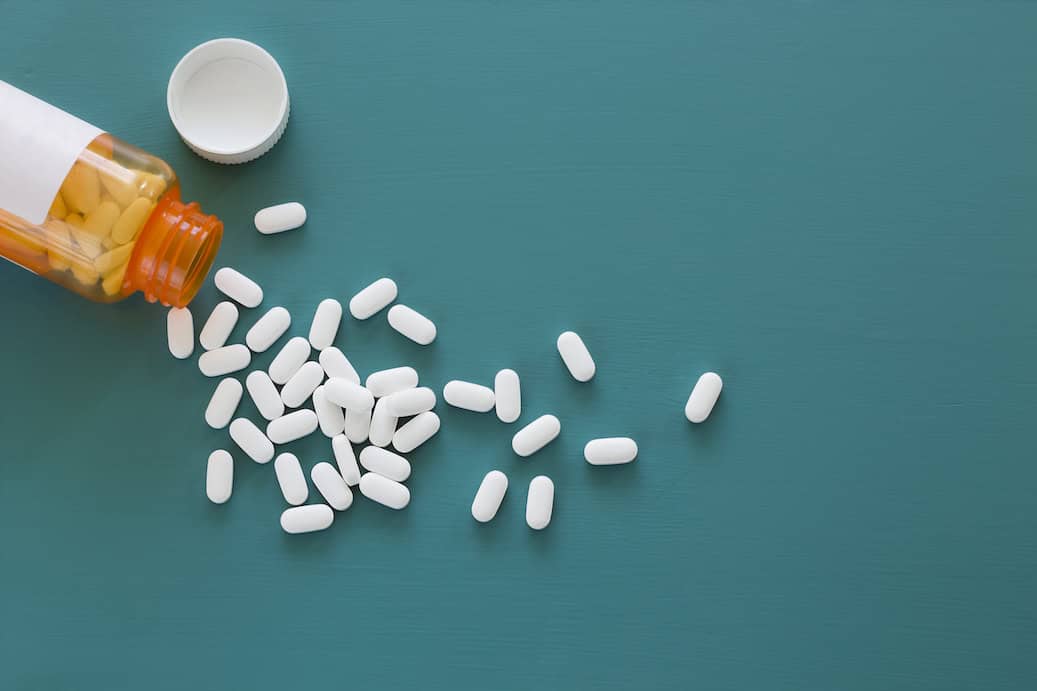From Adolescent Drug Experimentation to Addiction
Posted on July 24, 2013
Although adolescence has always been a time of great transition, many older adults today may have trouble appreciating just how different adolescence has become. High school students today have extensive substance use experiences. For instance, based on federal studies, about 75% have tried alcohol (with 50% drinking regularly), 38% have tried marijuana, 20% have tried cocaine, 50% have had sexual intercourse and 50% have tried cigarettes (with 20% smoking regularly). These numbers show us that most adolescents today face a range of choices that their parents may not have realized even existed.
Despite the large numbers of adolescents who are exposed to substances and other addictive behaviors, most adolescents do not develop addiction problems. For most adolescents, substance use i...
full story










